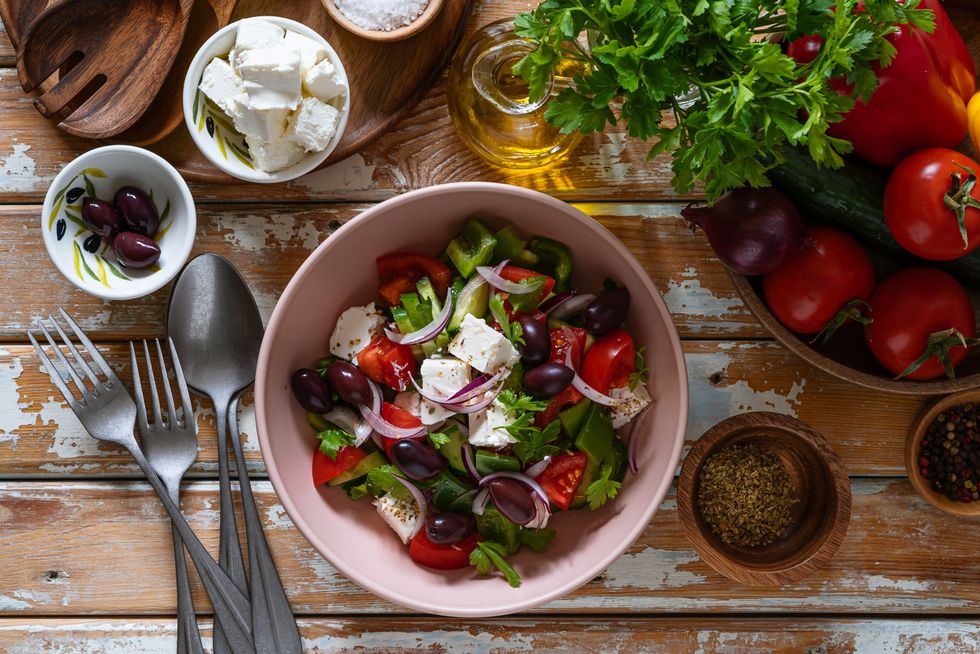Leslie Kenny reveals the top longevity foods
GBN
A decade-long study has helped scientists understand what drives the exceptional longevity in Acciaroli
Don't Miss
Most Read
Scientists have uncovered why residents of Acciaroli, a picturesque town in Italy's Cilento-Salerno region, routinely live past 100 in remarkable health.
The decade-long Cilento Initiative on Aging Outcomes (CIAO) study has revealed extraordinary findings about the area's roughly 300 centenarians.
"The centenarians of the CIAO study are remarkably robust and healthy, and can be found here in numbers per capita greater than most places on Earth," said Salvatore Di Somma, MD, the study's lead Italian investigator and founder of Great Health Science.
The research, which began in 2015, has employed cutting-edge biomedical techniques to understand what drives their exceptional longevity and how these discoveries might help others achieve similar health outcomes.

Most centenarians in the village share the same habits
GETTY
The groundbreaking research has revealed that these centenarians are biologically 8.3 years younger than their chronological age, based on analysis of 24 key blood metabolite measurements.
Scientists assessed 128 centenarians and 50 controls, finding that 2,812 of the 32,514 metabolites measured differed significantly in the long-lived residents.
Past studies have shown that they enjoy robust blood circulation that is comparable in efficiency to people 30 years younger.
They also display low blood levels of adrenomedullin (bio-ADM), a peptide hormone that regulates blood pressure and maintains vascular integrity.
"Low levels of bio-ADM is considered an indicator of good vascular microcirculation, and good microcirculation is an indicator for increased longevity," researchers noted.
An impressive 90 per cent of these centenarians follow the Mediterranean diet, characterised by abundant fresh fruits, vegetables, whole grains, legumes, nuts and olive oil, whilst consuming red meat only sparingly.
"The Mediterranean diet is not a meal plan. It's not a fad," said Di Somma. "It's a way of life."
Analysis of olive oil produced in the Cilento region revealed it to be low in fatty acids and compounds associated with increased risk of heart disease or accelerated brain decline.
Additionally, most centenarians maintained regular physical activity and remained socially engaged with friends and family.
This combination of diet and lifestyle factors appears to deliver significant health dividends both short and long-term.
The centenarians exhibited notably coordinated immune activation and cytokine regulation in their T-cells and macrophages.
They showed elevated antiviral and inflammatory programmes, alongside greater communication among immune response cells.
LATEST DEVELOPMENTS

90% of the centenarians in Acciaroli follow the Mediterranean diet
GETTY
"Our initial hypothesis was that centenarians have increased inflammatory mediators, which are expected to increase with ageing," said David Brenner, MD, president and CEO of Sanford Burnham Prebys.
"However, the centenarians also have increased anti-inflammatory mediators, which may protect the centenarians from inflammation and tissue injury."
A pilot study in Australia demonstrated that following a Mediterranean diet and lifestyle checklist led to significant health improvements, suggesting these findings could help others achieve similar longevity through dietary and lifestyle modifications.





































